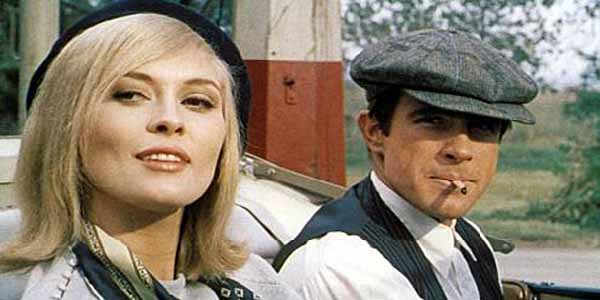Roger Ebert's 50 Greatest Film Reviews
30. Blow-Up (1966) -
Director: Michelangelo Antonioni

29. Blow Out (1981) -
Director: Brian De Palma
28. Catwoman (2004) -
Director: Pitof
27. Bonnie and Clyde (1967) -
Director: Arthur Penn